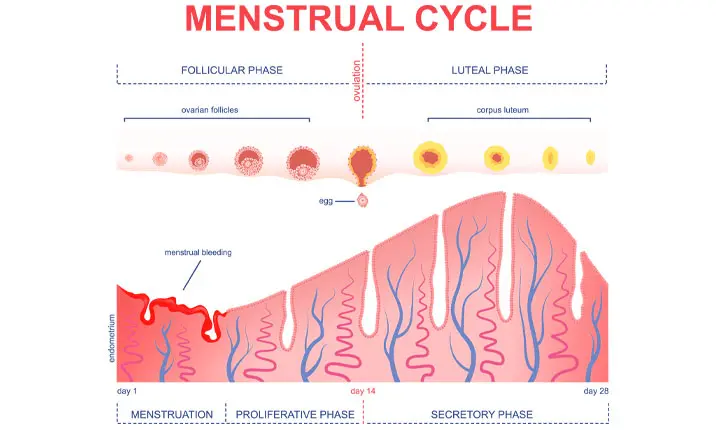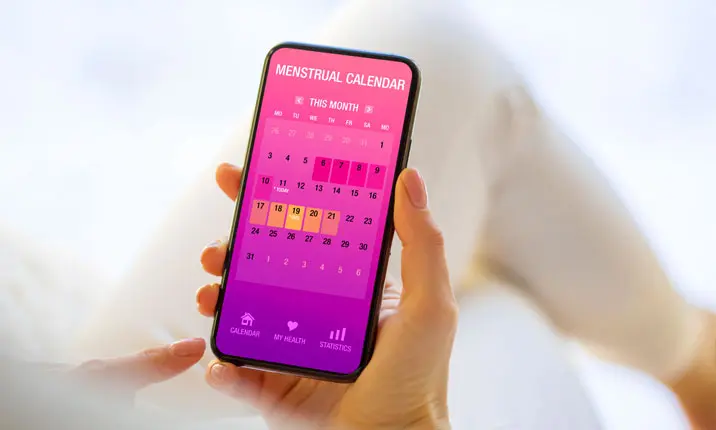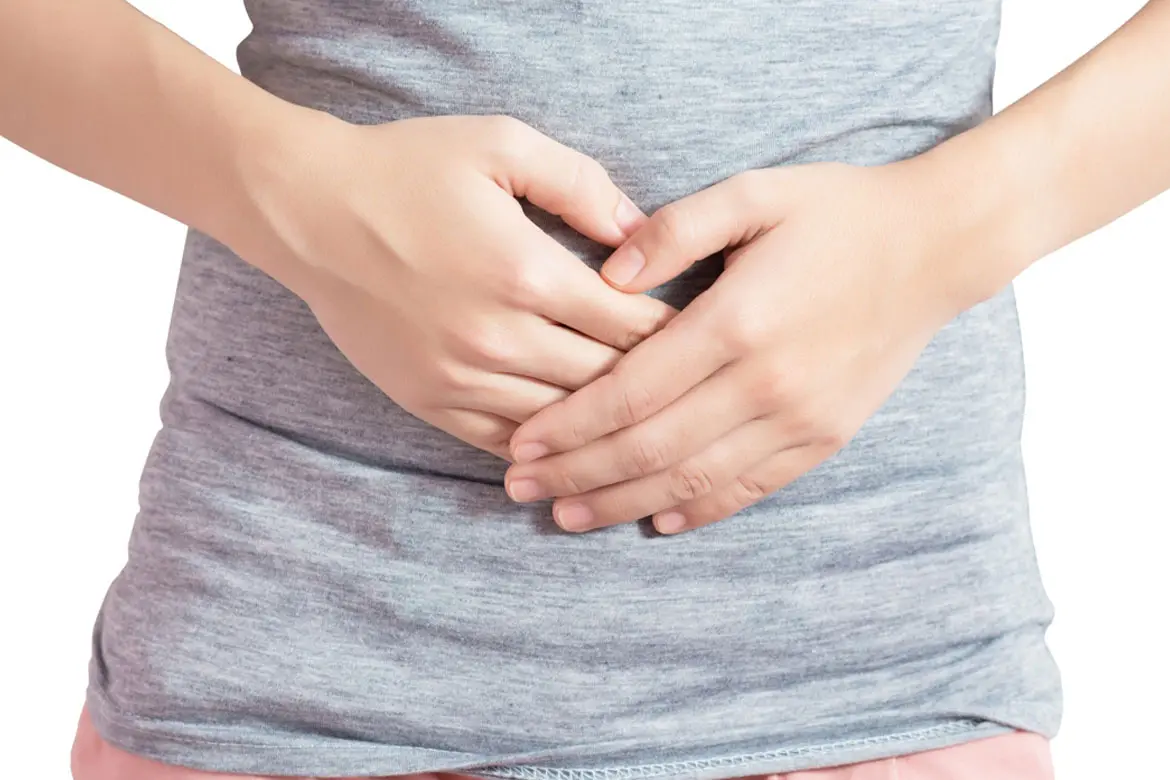Are menstrual cycles and ovarian cycles the same?
The menstrual cycle is a term to describe the sequence of events that occur in a woman's body as it prepares for the possibility of pregnancy approximately once every month.
It is also sometimes referred to as the ovarian cycle because it is the ovaries that produce the eggs that are released, which in turn triggers the events of the menstrual cycle.
What is a normal period for a menstrual cycle?
The menstrual cycle begins on the first day of a period and is on average 28 days long. For some women it can be either shorter or longer, and the range is between 21 – 35 days.
The menses phase starts from Day 1 – Day 5, during which the lining of the uterus sheds out through the vagina if pregnancy has not occurred. In some women this phase can last up to 7 days.
The follicular phase usually take place from Day 6 – Day 14, during which the lining of the uterus thickens due to the production of the hormone oestrogen. In addition, follicles in the ovary start to develop, and from around Day 10 – 14, one of the follicles will form into a mature egg, known as the ovum. The ovary releases the mature egg usually at Day 14 in a 28-day cycle. This phase is known as ovulation.
The luteal phase lasts from Day 15 – Day 28. After ovulation occurs, the egg travels through the fallopian tube towards the uterus. At this time, the lining of the uterus further thickens in preparation for pregnancy. If the egg is fertilised by a sperm and attached itself to the uterine lining, the woman becomes pregnant. If pregnancy does not occur, then the thickened lining of the uterus sheds during the menstrual period.
What are some signs of an abnormal menstrual cycle?
Signs of an abnormal menstrual cycle include:
- If you haven't started having a period by the age of 16
- Your periods last for more days than usual or stop suddenly
- Your bleeding is heavier than usual (e.g. if you fill a sanitary pad every hour for more than 2 hours consecutively)
- Severe pain during your period
- You get bleeding in between periods or after sexual intercourse
- If you have reached menopause (i.e. your periods have stopped for more than 12 months) but start to have vaginal bleeding again
- If you might be pregnant (e.g. you have had sex after your last period and your period is now late)
When is a normal age to begin menstruation, and what are the signs of a normal menstruation?
Girls usually start menstruating at the average age of 12 but this can be normal from as early as age 8 or as late as age 16. It is normal for girls to have irregular periods during puberty and some girls may take 2 – 3 years before getting a regular menstrual cycle.
Symptoms of a normal menstruation include:
- In the 7 – 10 days leading up to a period, you may experience moodiness, trouble sleeping, bloating, breast tenderness and acne
- You may also experience some cramps in the back and lower abdomen
- Food cravings
How do I track my menstrual cycle? What things should I take note when tracking?
The easiest and best way to track your menstrual cycle is to download an app on your phone. There are numerous apps available and they by and large do a good job of allowing you to input your menses dates and calculate your cycle length, predict your fertile and 'safe' periods.
Is there anything I can do to prevent irregular periods? When should I consult a doctor?
Menstruation is the release of blood and tissue from the uterus and this is controlled by hormones. Hormone levels change at different stages of life and so it is expected that menstruation and the menstrual cycle changes too.
There are some things like stress and consistent heavy exercise that can affect the menstrual cycle. These can result in missed periods. It is not uncommon for girls to experience a missed period during exam periods, or athletes missing periods when training for competition. Other issues like eating disorders, thyroid disease, post-surgery recovery, antidepressant use and polycystic ovarian disease can also disrupt the menstrual cycle.
I have bad period pain and am thinking of taking birth control pills. Is this safe?
Some women who have irregular or painful/heavy periods are sometimes prescribed the oral contraceptive pill (birth control pills) by their doctors. These pills help to regulate the menstrual cycles and reducing the heavy bleeding. In general, they are safe but some women may have contraindications (a specific situation in which this may not be used as it may be harmful to the person), e.g. severe migraines, liver disease or a history thromboembolic disease (blood clots).
What are the signs of menopausal period?
The signs and symptoms of menopausal period include:
- Sleep disturbance including insomnia
- Vaginal dryness
- Urinary urgency
- Hot flushes
- Increased sweating especially at night
- Moodiness and emotional swings
- Weight gain
- Dry skin and hair loss
- Loss of breast fullness
Women stop having periods when menopause occurs. This is when the ovaries stop ovulating and occurs at about age 51. Menopause is defined as 12 months without a period.
How will my menstrual cycle be affected after IVF?
In IVF cycles, drugs are used to stimulate the ovaries to produce more eggs, and some women undergo multiple IVF cycles. However, there is no evidence that this causes early menopause. Once the IVF cycle is complete, the menstrual cycle usually resumes.
Can a COVID-19 vaccination have any effect on my menstrual cycle?
Some women experience a change in their menstrual cycle after COVID-19 vaccination. These changes usually affect one cycle and are short-lived, returning to normal thereafter.
There is also no evidence that COVID-19 vaccination has any effect on fertility. These changes are reported in both the mRNA vaccines as well as the adenovirus vectored COVID-19 vaccines. Similarly, around 25% who have had COVID-19 infections also report temporary changes in their menstrual cycle.
It is not yet known whether the temporary menstrual cycle changes are a side effect of the vaccines or due to changes in stress, weight, exercise, etc., all of which are common in the present pandemic.
To address these questions, several large scale studies are being instituted to compare the rates of menstrual variation between vaccinated and unvaccinated women.














